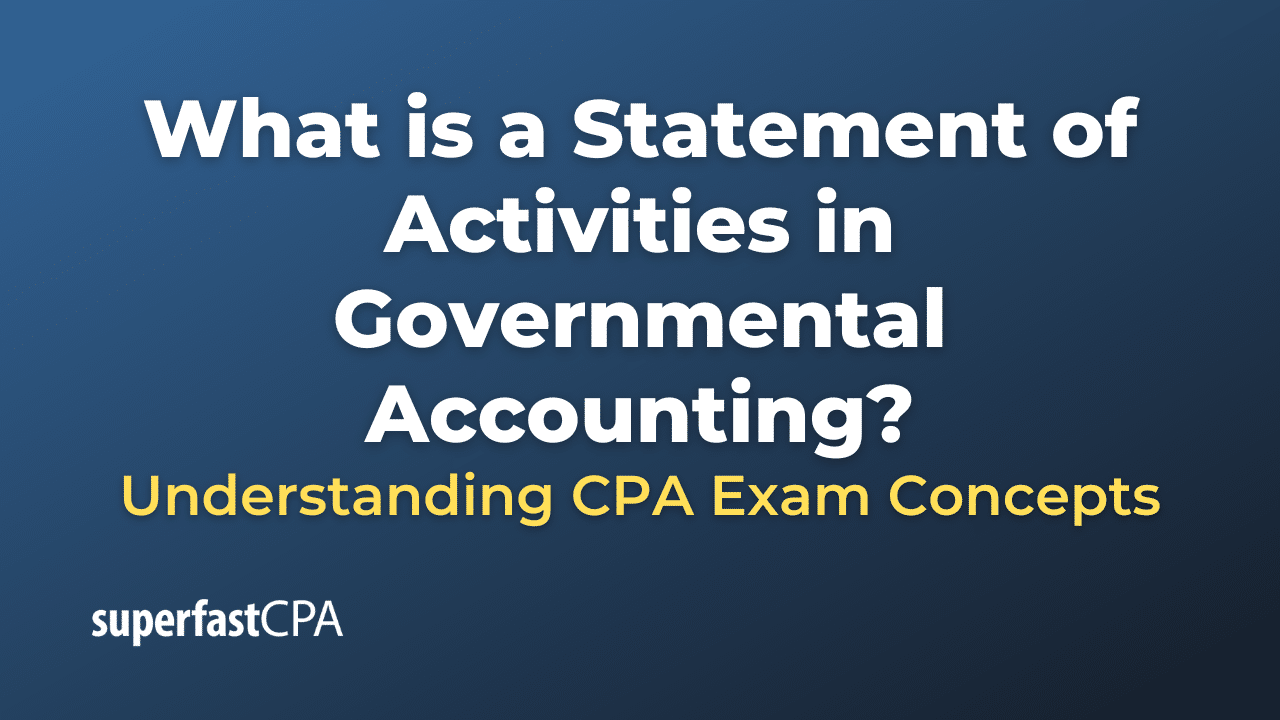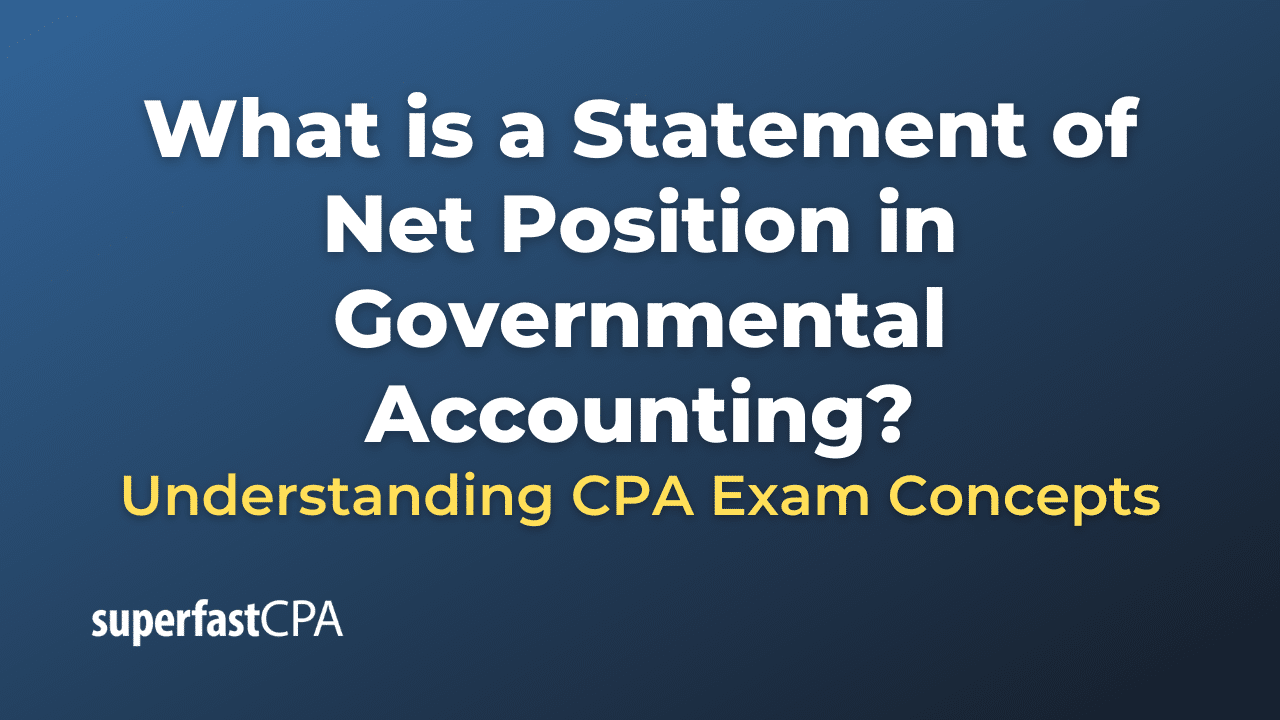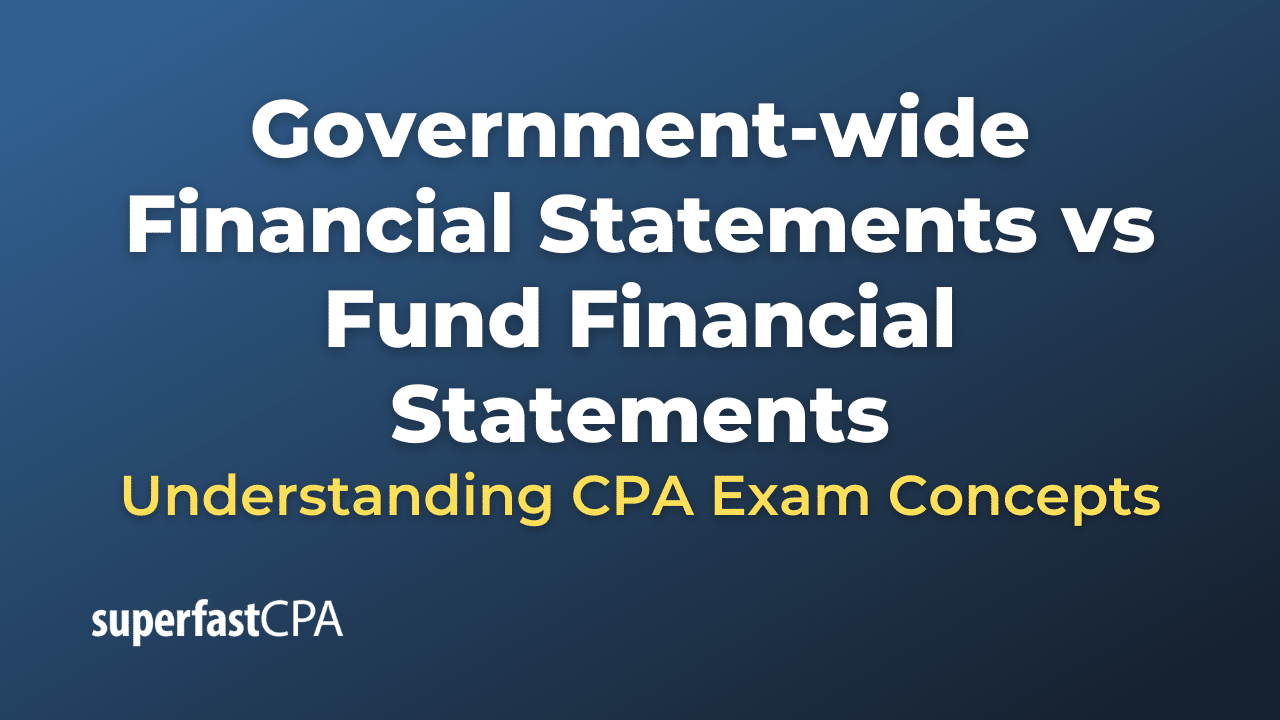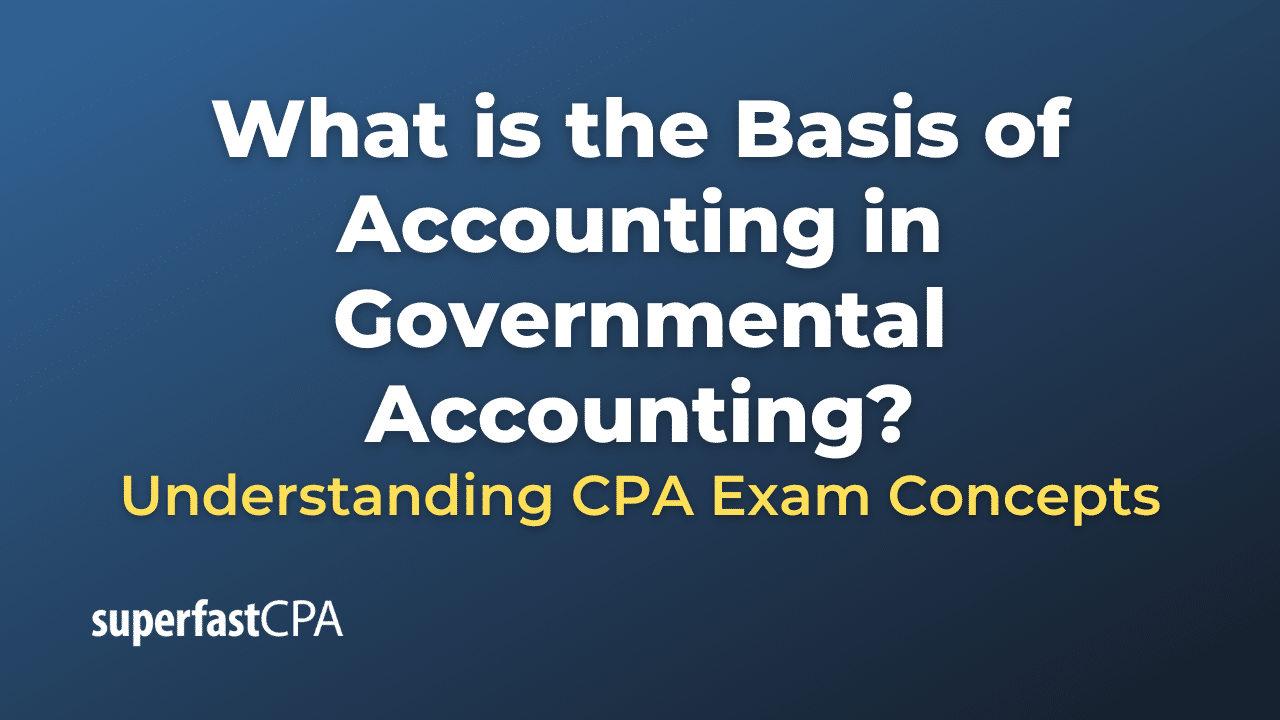Creditworthiness
Creditworthiness is a measure of an individual’s or a corporation’s ability and willingness to repay debts. It’s typically evaluated by lenders such as banks or other financial institutions when they’re considering whether or not to extend credit or a loan to a potential borrower.
Creditworthiness is often determined by examining a few key factors:
- Credit History: This includes the individual’s or company’s track record of repaying debts. It’s usually represented by a credit score, which is a numerical expression based on a level analysis of a person’s credit files. A higher credit score indicates better creditworthiness.
- Current Income: Lenders look at the borrower’s current income (or in the case of a business, its revenues) to determine whether they have sufficient regular income to repay the loan.
- Employment History: For individuals, stable employment history can indicate a reliable source of income, thus increasing creditworthiness.
- Assets: The value of an individual’s or corporation’s assets can contribute to creditworthiness. In some cases, these assets can be used as collateral for a loan.
- Liabilities/Current debt: The amount of debt an individual or business already has impacts their ability to take on and repay more debt.
- Character: Sometimes, lenders also consider character references or other indications of the borrower’s reliability and trustworthiness.
These factors together help a lender to assess the risk involved in lending money to the borrower. If a borrower is deemed creditworthy, they are likely to be approved for a loan or line of credit, often at more favorable interest rates. Conversely, if a borrower is not seen as creditworthy, they may be denied credit or offered credit at higher interest rates to offset the increased risk.
Example of Creditworthiness
Jane is looking to buy a car and needs to secure an auto loan to finance her purchase. She approaches a bank for the loan. In order to determine whether Jane is creditworthy and thus decide whether to approve the loan, the bank looks at several key factors:
- Credit History: The bank pulls Jane’s credit report and sees that she has a high credit score, indicating that she has consistently made timely payments on her credit cards and any previous loans. This reflects positively on her creditworthiness.
- Current Income: Jane provides proof of her income through pay stubs from her job. The bank verifies that she has a stable, sufficient income that will allow her to make the monthly loan payments.
- Employment History: Jane has been with her current employer for several years, which shows employment stability and assures the bank of a regular income source.
- Assets: Jane has some savings in her bank account and also owns a house. These assets could potentially serve as collateral if she failed to repay the loan, reducing the risk for the bank.
- Liabilities/Current Debt: The bank looks at Jane’s current debt obligations, including any credit card debt, mortgage, or other loans. Even though Jane has a mortgage, her debt-to-income ratio (the percentage of her monthly gross income that goes towards paying debts) is still in an acceptable range.
- Character: Jane has a good reputation and positive references, further bolstering her case.
Given all these factors, the bank determines that Jane is creditworthy and approves her auto loan application, offering her a favorable interest rate due to her high credit score and stable income.
Remember, this is a simplified scenario. In reality, the process of assessing creditworthiness can be more complex and involve additional factors, and the decision may not always be clear-cut. But this should give you an idea of how creditworthiness plays a role in lending decisions.













